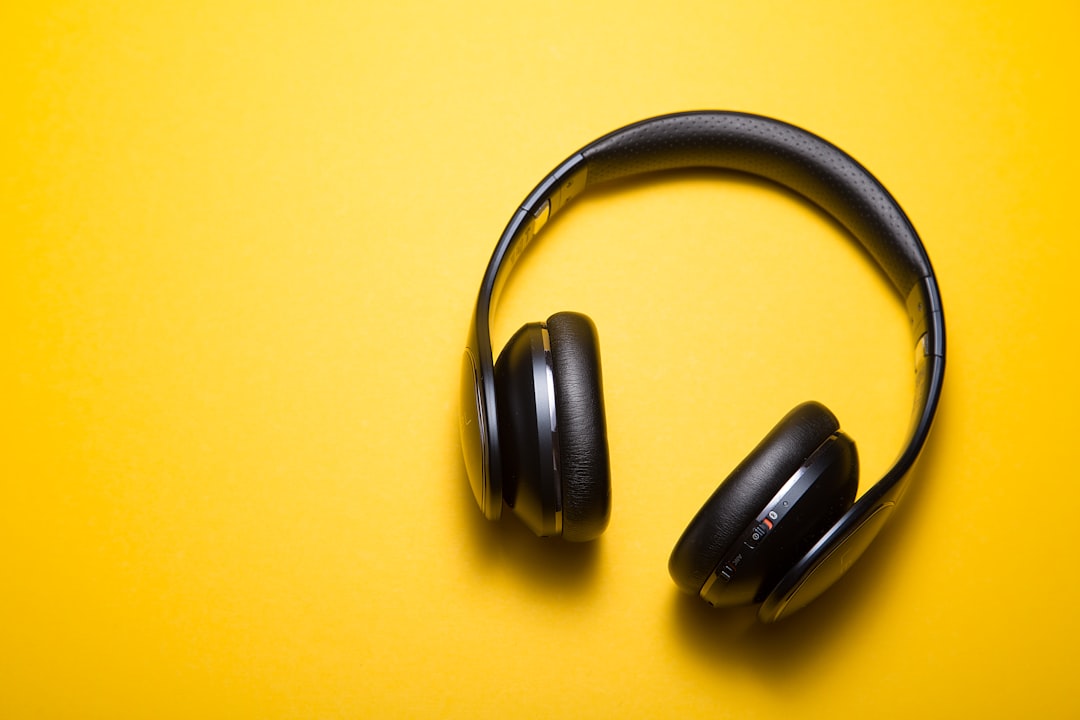Use AI to recall podcast insights and make your favorite episodes work harder for you

We’re consuming more podcasts than ever, but most of us are stuck in passive listening mode. You know the feeling—you hear something brilliant during your commute, get excited about implementing it, then completely forget the details by the time you’re ready to act.
This isn’t a memory problem. It’s a systems problem—one that rapid learning techniques and smart AI tools can help solve.
The Real Cost of Passive Podcast Consumption
Podcast listeners spend about 7 hours a week on average listening to shows, yet most struggle to recall specific insights even days later. We’re treating podcasts like background entertainment when they could be structured learning experiences. The result? Hundreds of hours of potentially valuable content that never translates into actual knowledge or action.
What Active Podcast Engagement Looks Like
Active engagement means having systems that help you extract and structure the ideas you encounter after listening. Instead of hoping important insights stick, you’re deliberately processing episodes to unlock their full value.
Here’s what this looks like in practice with tools like Podwise:
Post-Episode Analysis: After listening to an episode, AI processes the content to create structured summaries, outlines, and key takeaways. You can review an hour-long discussion in minutes and identify the most valuable segments.
Visual Knowledge Mapping: This is where tools like Podwise really shine. The mindmapping feature reveals the structure of the entire episode, showing how different concepts connect and relate to each other. You can see the episode’s architecture at a glance—something impossible during linear listening.
Interactive Deep Dives: Ask questions about the episode content, explore specific points that interested you, and get answers drawn from the full transcript. It’s like having a conversation with the episode after the fact.
Seamless Knowledge Integration: Export insights directly into your existing workflow—whether that’s Notion, Obsidian, Readwise, or other knowledge management tools. This transforms podcast moments into searchable, referenceable knowledge assets.
Why This Matters Now
The volume of available content is only increasing. The advantage won’t go to those who consume the most, but to those who best transform consumption into understanding. When you can engage with podcast content beyond the initial listen, those conversations become part of your intellectual toolkit rather than fleeting entertainment.
This shift from passive to active consumption mirrors broader changes in how we work with information. The most successful professionals are those who can quickly extract value from complex content and integrate it with their existing knowledge.






Key Takeaways for Podcast Lovers
Start with intention: Before hitting play, decide what you want to get from the episode. Are you looking for specific insights, general inspiration, or actionable strategies?
Process after listening: Use tools that analyze episodes after you’ve listened, creating structured knowledge you can review and reference. The goal is to turn your listening time into lasting insights.
Map the connections: Visual tools like mindmaps help you see how ideas within an episode connect to each other and to your existing knowledge. This bird’s-eye view reveals patterns impossible to catch during linear listening.
Connect the dots: Look for patterns across episodes and topics. The most valuable insights often emerge from connecting ideas across different conversations and contexts.
Act on insights: The best podcast consumption leads to action. Whether that’s reading a recommended book, trying a new technique, or exploring a concept further, make sure your listening translates into doing.
The Follow-Through Challenge
The biggest obstacle with post-listening analysis? Actually remembering to do it! You finish a great episode during your commute, make a mental note to “process this later,” then completely forget which episode sparked your interest by the time you’re ready to dive deeper. This is where the friction happens—between good intentions and actual follow-through.
The solution isn’t perfect memory; it’s better systems that will help you recall podcast insights. Whether that’s immediately bookmarking episodes that resonate, using voice notes to capture your initial thoughts, or setting up automatic processing for shows you regularly follow, the key is reducing the gap between listening and learning.
The goal isn’t to remember every detail from every episode. It’s to transform your podcast habit from passive entertainment into active learning that compounds over time. When you can engage with ideas beyond the initial listen, you’re not just consuming content—you’re building knowledge.
Try this rapid learning technique with your next podcast episode and see how it changes your relationship with the content. Tools like Podwise can help, but the real shift is in your mindset about what podcast listening can become.
